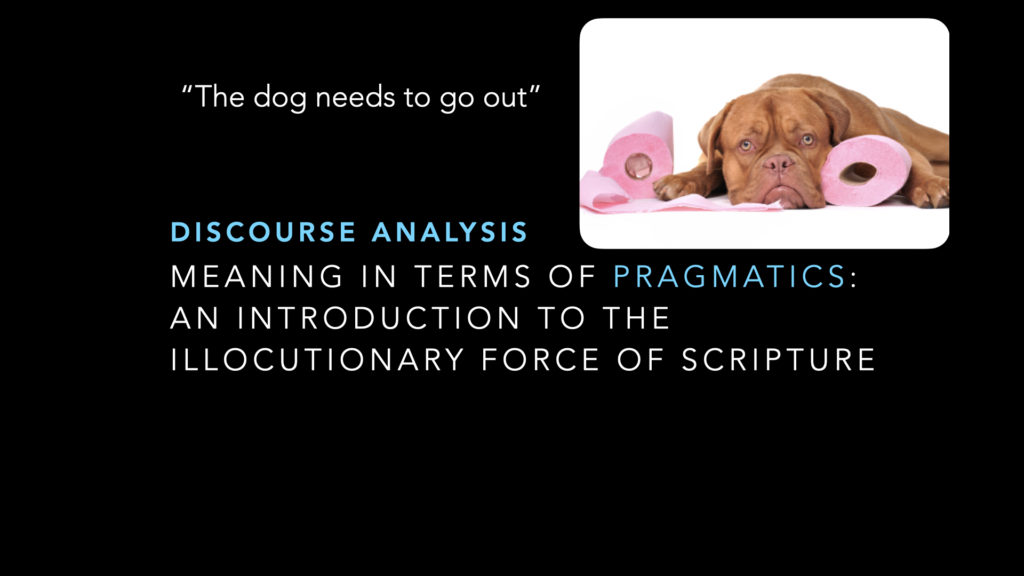
I am calling one key element of deep exegesis, explanatory exegesis. I welcome other possible ways to identify it because I’m still not sure “explanatory exegesis” is the most accurate.
Here’s what I am talking about. This past Sunday I had the privilege of preaching Paul’s extraordinary prayer in Ephesians 3:14-21. The request for spiritual strength for his readers culminates in v. 19 with the ability,
“…to know the love of Christ that surpasses knowledge.”
Standard exegetical practices will certainly uncover the paradox of knowing such a thing that can’t be fully known.
Explanatory exegesis goes a step further than lexical meanings and grammatical/syntactical relationships between the key terms in the clause. It explains why knowing the love of Christ is so important.
Why is that “why?” so important? Because God knows that knowing the unknowable love of Christ is the most important thing for His child to know.
But why?
Because God is the most important Being in the universe. Infinitely more valuable to the human psyche than social validation is being validated by God. Knowing Christ loves us is a most stabilizing reality.
Okay. That was my attempt to answer the question. The point is that it needs to be asked and answered in order for the prayer to have its intended impact. Paul assumes that his readers will recognize the importance of knowing Christ’s love and, therefore, gladly receive spiritual strength from the Lord.
I have found this kind of explanatory exegesis to be most fruitful in showing the relevance of Scripture.
If you haven’t done so yet, identify any place in your preaching/teaching portion for Sunday where the “Why?” question needs to be asked and answered. And as a result of your explanatory exegesis, may the Lord receive glory in the church and in Christ Jesus (Ephesians 3:21).
Randal









